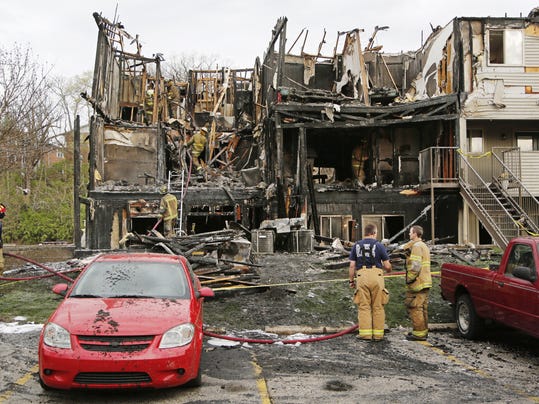By Phil Rogers
| Friday, May 30, 2014 |
The State Fire Marshal is throwing in the towel.
Declaring in a statement, “I believe that any new sprinkler mandate should include open and full discussions with all stakeholders,” Fire Marshal Larry Matkaitis essentially conceded he could not unilaterally implement a change of state rules that would mandate fire sprinklers in all residential high rises in Chicago, as well as new construction of single family homes, as he proposed last summer.
Fanned by condo organizations and realty groups who warned of exhorbitant installation costs, the proposal faced a firestorm of resistance from high rise residents. Fire officials across the state, who supported Matkaitis, called the cost estimates “scare tactics” that used inflated numbers.
But the damage was done. The Fire Marshal encountered stiff political resistance in Springfield, and eventually withdrew the proposal.
“We reached this resolution because we have a common goal to determine and implement the most effective and practical fire safety measures in our state,” said State Representative Sara Feigenholtz, a Chicago Democrat. “Thousands of people have sent clear messages to the Fire Marshal over the past few months, that a unilateral, statewide sprinkler mandate is bad public policy. We now have assurance that any future fire sprinkler proposals will be considered with full transparency and open discussion.”
“As long as I am Fire Marshal, I intend to work with local government officials, public safety officials, and all stakeholders to pass any new sprinkler laws through the General Assembly,” Matkaitis wrote. “I look forward to continued conversations with all stakeholders, on how we can achieve the goal of improving fire safety in Illinois.”
Most observers believe the likelihood of political support for a significant code change appears slim. Industry lobbyists pressed hard against the proposed new rules last year. And the City of Chicago has long ignored a state fire code which already mandates fire sprinklers in residential buildings, claiming home rule.





